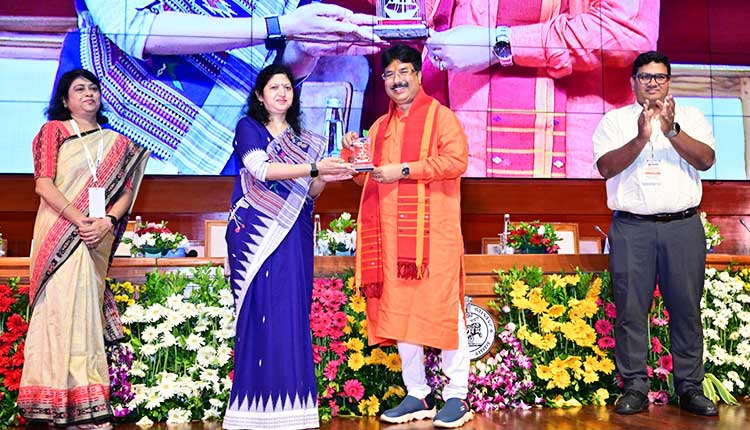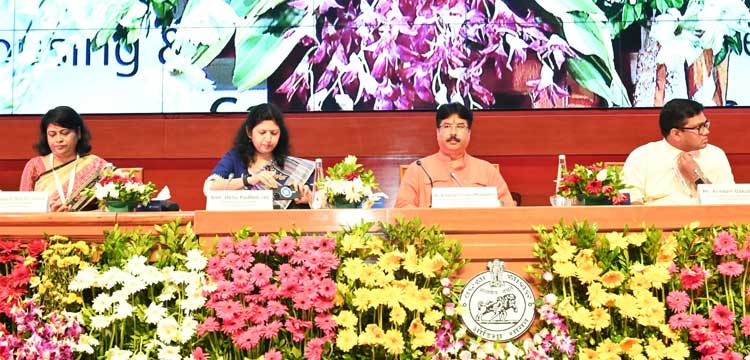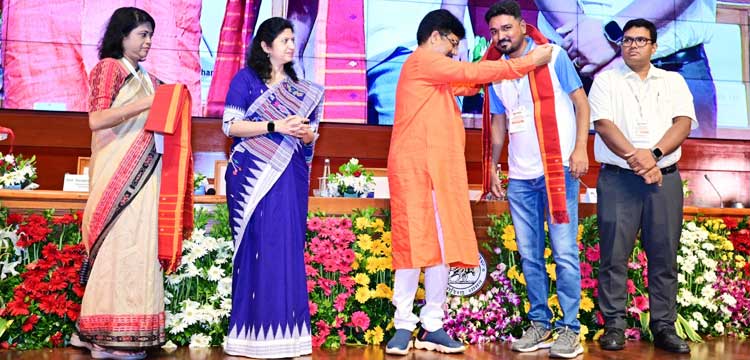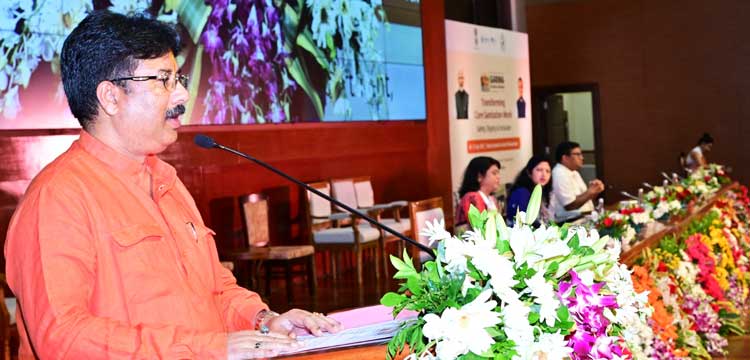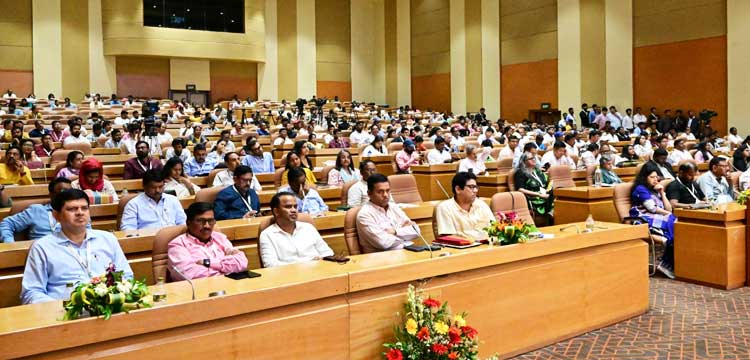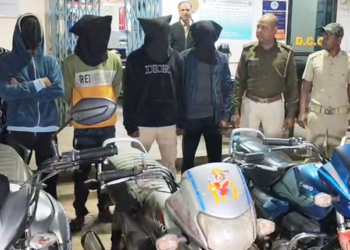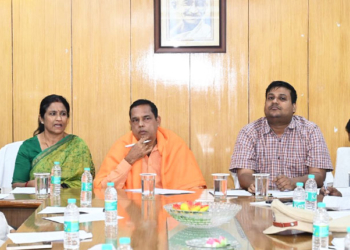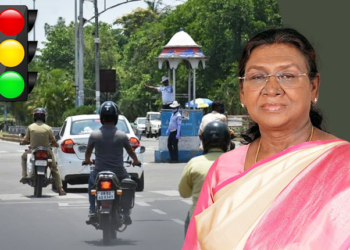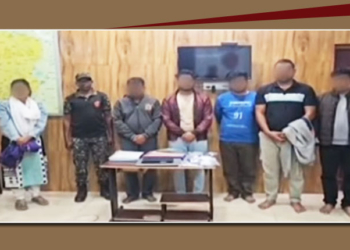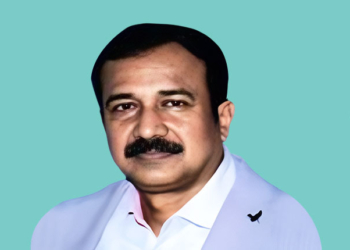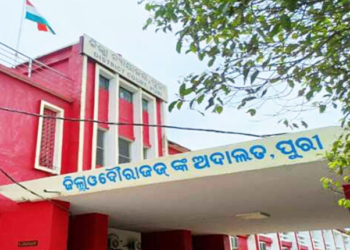Bhubaneswar: The two-day National Conference on “Ensuring Dignity, Safety, and Inclusion of Core Sanitation Workers” under Odisha’s pioneering GARIMA initiative concluded today in Bhubaneswar with a resounding message of unity, policy resolve, and compassion.
The event ended with the adoption of the Bhubaneswar Declaration—a landmark document committing to the protection and empowerment of core sanitation workers across the country.
The valedictory session was attended by senior policymakers, sector experts, development partners, and sanitation champions from across India. The session was graced by Dr. Krushna Chandra Mahapatra, Minister for Housing & Urban Development as the Chief Guest.
In a symbolic gesture, the Minister felicitated sanitation marketplace vendors, acknowledging their crucial role in safeguarding the well-being of core sanitation workers. The act emphasised the government’s broader recognition of stakeholders across the sanitation value chain.
Principal Secretary of the Housing & Urban Development Department Usha Padhee delivered the keynote address at the closing session, reaffirming Odisha’s leadership in sanitation reform. She highlighted the need to institutionalize empathy-driven governance by embedding learning and action into national and state frameworks.
She also announced that the National GARIMA Workshop will now be held annually every July, reflecting the government’s long-term commitment to sanitation workforce welfare. This decision echoes the commitment made by Chief Minister Mohan Charan Majhi during his inaugural speech.
Key deliberations over the two days covered several crucial themes, including:
- Establishing robust social protection systems for sanitation workers;
- Strengthening Occupational Health and Safety (OHS) standards;
- Formalizing informal workers through contractual reforms and access to welfare schemes;
- Leveraging data and technology for welfare tracking;
- Promoting inclusion of women and transgender individuals in sanitation roles with dignity and safeguards.
Launched in 2020, the GARIMA initiative by the Government of Odisha has gained national recognition for its dignified and rights-based approach to sanitation. Achievements under GARIMA include:
- Registration and profiling of over 10,000 core sanitation workers across Odisha;
- Distribution of personal protective equipment (PPE), health insurance, and regular training programs;
- Integration with Urban Local Body (ULB) welfare planning;
- Establishment of Emergency Response Sanitation Units (ERSUs) and grievance redressal systems.
The conference saw participation from delegates representing 12 states and 34 development organizations, along with key officials from the Panchayati Raj Department and the ST & SC Development, Minorities and Backward Classes Welfare Department.
A series of thematic sessions addressed sanitation workforce management, social security financing, mental health, and technological innovations in safety. Experience-sharing sessions were held with sanitation workers, ULB officials, and Private Sanitation Service Organisations (PSSOs).
Delegates also undertook field visits to the Odisha Urban Academy, Fecal Sludge Treatment Plant (FSTP), and Material Recovery Facilities (MRFs) to observe first-hand the implementation of best practices in sanitation management.
Additional Secretary of H&UD Department Durgesh Nandini Sahoo and Director of Municipal Administration Arindam Dakua shared closing reflections, with Dakua extending a vote of thanks to all partners, experts, and frontline workers for their active participation.
The conference concluded with a shared resolution: to uphold the dignity of sanitation workers not only through policy but through sustained, on-ground practice—making Indian cities safer, more inclusive, and equitable for those at the heart of urban hygiene.
The Bhubaneswar Declaration now stands as a guiding framework for states across India to emulate Odisha’s pathbreaking efforts in reimagining the sanitation ecosystem with human dignity at its core.




